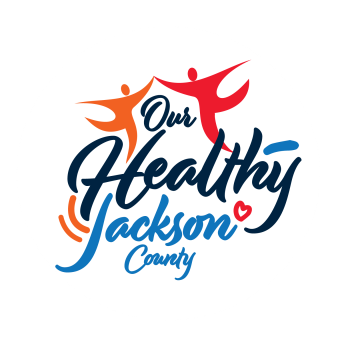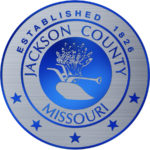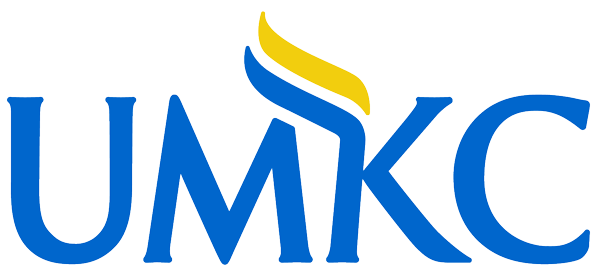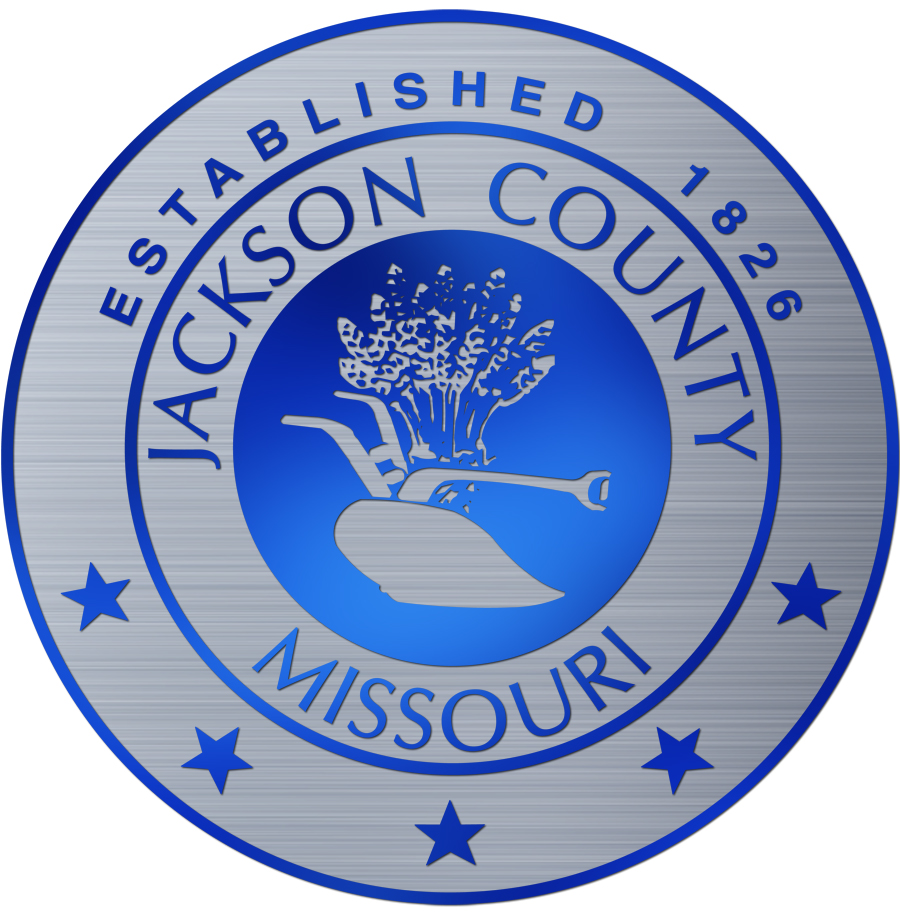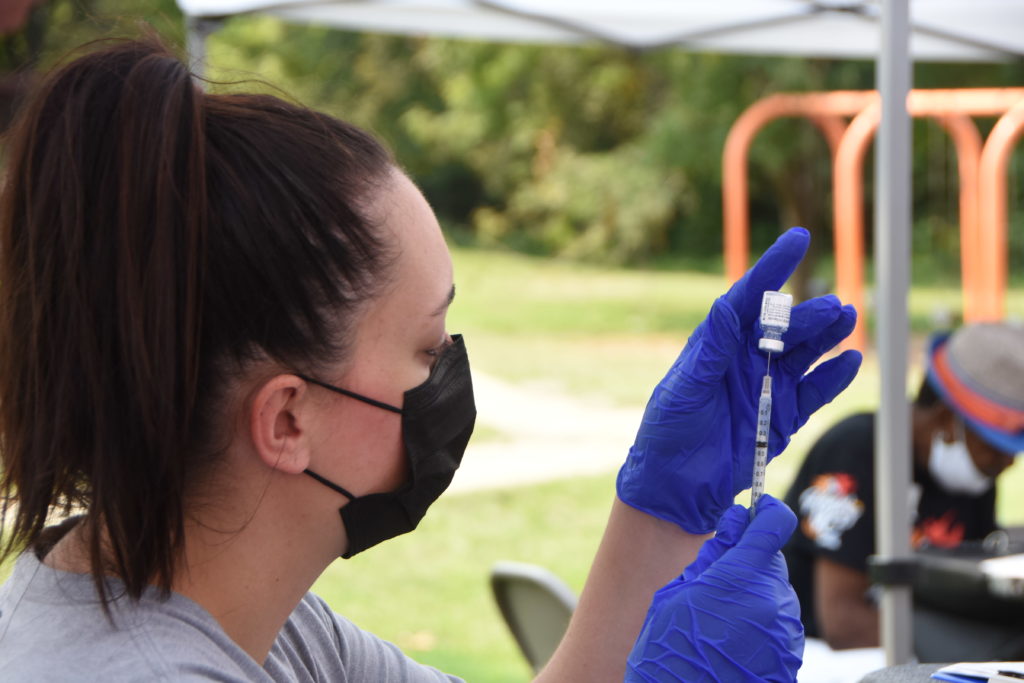
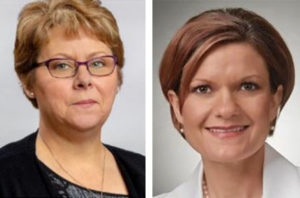
For the Our Healthy KC Eastside initiative, it truly takes a village.
The effort, designed to fight the spread of COVID-19 and bring access to health services in underserved communities, is being led by the University of Missouri-Kansas City and University Health. Together, these institutions work to educate, test and vaccinate citizens of Eastern Jackson County, Missouri. To make this possible requires numerous staff and student volunteers.
And helping to coordinate them are University Health’s Pam Bean and UMKC’s Cameron Lindsey.
“University Health is a leader in community health,” said Bean, associate administrator, ambulatory care at University Health. “We are the city’s hospital, so it was a natural fit to be part of this effort, to address misinformation and to advocate for and provide vaccinations”
Bean helps coordinate the staffing and operations at University Health’s walk-in COVID vaccination clinic, which is open Monday through Friday. She says based on the health system’s well-trained staff and connections, Jackson County reached out to the organization to come to the forefront of the race to slow the pandemic by providing information, COVID-19 testing and vaccinations.
“We had robust practices in place,” Bean says. “We were able to pull from existing staff and focus on outreach.”
Lindsey serves as Pharm.D. and chair of the division of pharmacy practice and administration at the UMKC School of Pharmacy. Her work involves identifying existing UMKC health sciences faculty, staff and students who can provide stop gap measures to meet the demand for vaccinations and health screenings, and provide accurate information.
She has been involved in health care for vulnerable populations throughout her career. She became authorized to provide vaccines at UMKC and worked to operate weekly clinics beginning last winter. In addition, Lindsey secured close to $9 million in donated medications for the Shared Care Free Health Clinic. She also worked with Russell Melchert, dean of the UMKC school of pharmacy, and faculty at the School of Dentistry to provide additional services related to COVID, as well as dental, blood pressure, and diabetes screenings at the OHKCE events.
COVID has become personal for many people throughout Kansas City. Lindsey has lost both friends and family members to the virus. She says these events provide residents with valuable and accurate information on the disease. Even though not everyone will choose to receive a vaccination at an event, the clinics entice them to think about it. And many do get their vaccines.
“We have been able to raise vaccination rates, decrease hospitalizations and increase care for people with other chronic illnesses,” Lindsey said. “This initiative has provided an avenue for good, accurate messaging to help us build trust and help our clients feel comfortable. Ultimately, that helps people make the decision to get vaccinated despite their misgivings.”
